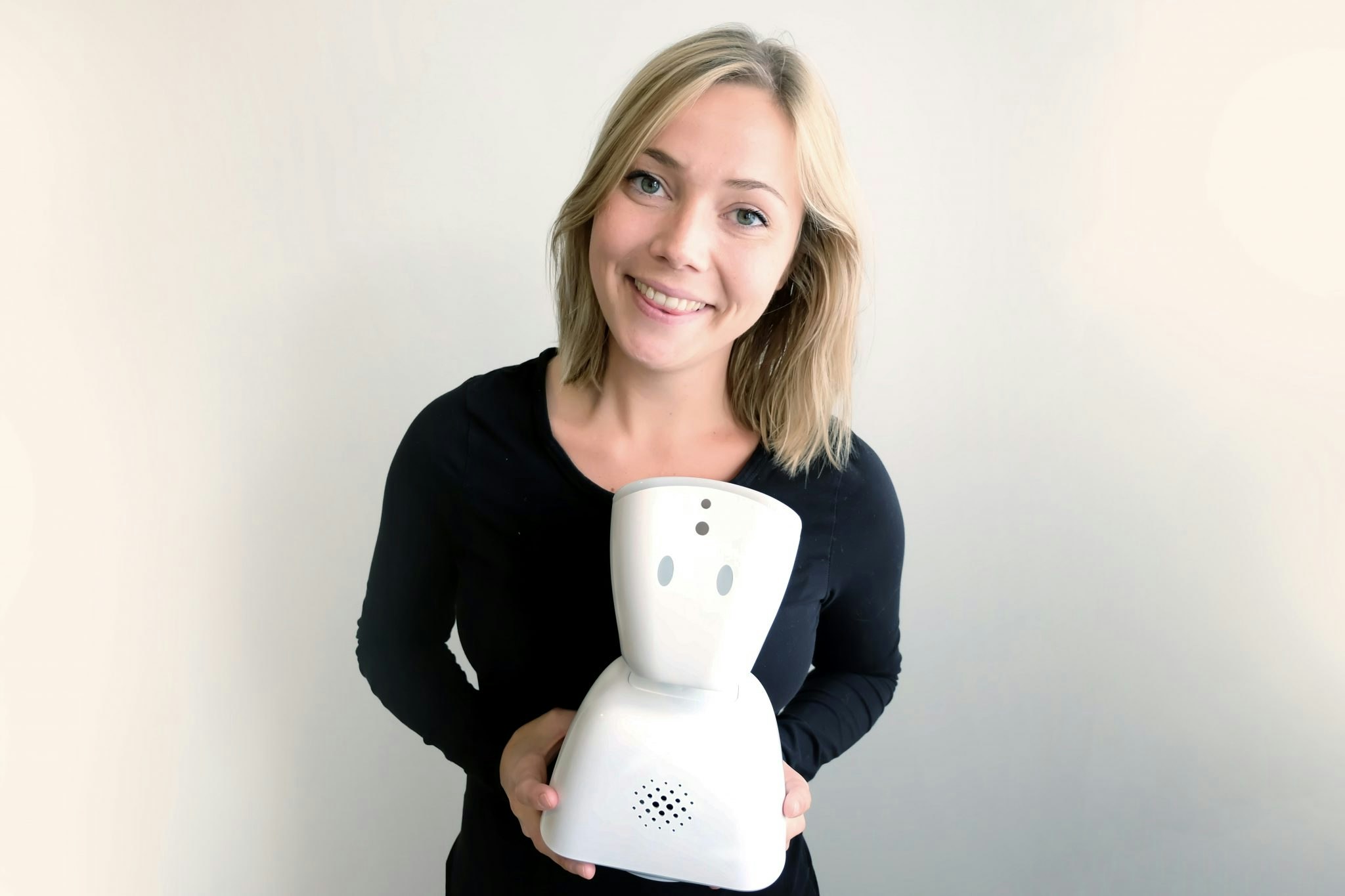Today, Google’s word accuracy is at 95%. Alexa has more than 100,000 skills. Market projections suggest 8bn voice assistants worldwide by 2023. A recent Adobe survey found 91% of businesses are making significant investments in voice.
Yet the mainstream perception is that voice technology has yet to take off. Some may liken it to the as yet unfulfilled promise of virtual reality — but the truth couldn’t be more different.
Voice tech is here. Devices are capturing data in our pockets, homes and workplaces — and we need to seriously debate what that means for privacy and trust. The future of voice tech will be shaped by it.
Two sides of the same coin
In order to understand the real potential for voice tech (and the related concerns), it’s important to recognise that there are two distinct components to the market. And the rate at which they mature won’t necessarily be equal.
Voice tech is here. Devices are capturing data in our pockets, homes and workplaces — and we need to seriously debate what that means for privacy and trust.
The most obvious component to the general public is the use of voice as an interface between people and machines (also known as a ‘human machine interface’ or HMI). Think Alexa, Siri, Google Assistant or Cortana. In short, any device that you can talk to, and have it talk back. These are the household names that have services today which, for the most part, still feel pretty unnatural, limited in their use and where the greatest fears about ‘listening’ and privacy tend to occur.
The other, less obvious component is natural language processing (NLP) coupled with artificial intelligence (AI) and machine learning (ML). You know that disclaimer you get when you call a contact centre, telling you your call might be recorded? In the past, all that meant is that a recording of your call would be stored for posterity (or legality), or for a (human) manager to listen and provide feedback to a sales rep. Today, it’s increasingly likely that you are consenting to a company capturing and analysing your conversation through software.
There are already game-changing software companies (e.g. Gong.io) that use the power of AI and NLP to analyse conversations between sales reps and customers. And it’s no surprise that sales functions have been among the first to adopt voice technology. This use case in particular showcases the power of leveraging latent data from sales calls to surface insights on everything from customer-buying triggers through to informing product and marketing roadmaps.
The more language input these systems get, the more effective they can become at understanding, interacting with and responding to humans directly. As the dataset for NLP grows, it will drive dramatic improvement in the human machine interface, and as a result, the quality of applications that touch our everyday lives.
Imagine a digital assistant who knows your schedule, takes notes in meetings and plans your weekly activity based on conversations you have and commitments you make...
Imagine a digital assistant who knows your schedule, takes notes in meetings and plans your weekly activity based on conversations you have and commitments you make, or the ability to infer medical diagnoses from voice biomarkers, or voice companions for residents in care facilities. And we have only just scratched the surface.
Privacy vs convenience
But this convenience comes at a cost. It is born of the ability for third parties to analyse something unique to you — your voice. Interesting syndicates are forming to address this fundamental trust issue, one of the more prominent being the Open Voice Network.
Historically, people have shown that they override their own privacy concerns as soon as real value is created for them. We need only look to today’s social media platforms as an example (if you haven’t watched the Social Dilemma on Netflix, it’s an eye-opener). But that doesn’t mean the industry shouldn’t think very carefully about it — especially as we look to the future.
The numbers don’t lie. People are already putting these voice-focused devices in their homes. Amazon crossed the 10m smart speaker shipments in Q3 2019. According to Canalys, last year vendors shipped a total of 125m smart speakers worldwide, 60% more than in 2018. Alibaba’s AliGenie is touting over 1m retail orders in a single day via voice.
In the business world, companies are increasingly capturing and analysing digital data like emails and calendar info, in the hopes of surfacing relevant insights that can drive greater productivity. This is mainstream stuff — look no further than Microsoft’s own Workplace Analytics offer if you need convincing.
The next obvious evolution at work is voice. The current pandemic has forced nearly all of our business conversations to be digitised via Zoom. In this light, is a conversation any different to email?
Using voice technology doesn’t mean you can’t build in privacy.
The real key here is in setting the parameters that allow people to feel safe. Using voice technology doesn’t mean you can’t build in privacy. In fact, some of the most forward-thinking companies in this space take a ‘privacy first’ approach to voice. Consider a company like Voicebase. It provides a way for companies to leverage voice analytics but automatically redacts any sensitive financial or personally identifiable information (PII), using AI.
There’s a technical evolution that goes hand in hand with the privacy debate too. The ability to ensure that any data and data processing can happen on a device, or by being thoughtful of how data flows from the edge to the public cloud has the potential to mitigate many of the privacy concerns. As voice tech gains importance in sectors such as education, banking and healthcare, we are seeing a significant shift in data privacy practices.
With the number of innovative companies and products currently focused on voice tech, the challenge of privacy is not an insurmountable one. It is during these moments of profound challenge that the most interesting innovations emerge.



